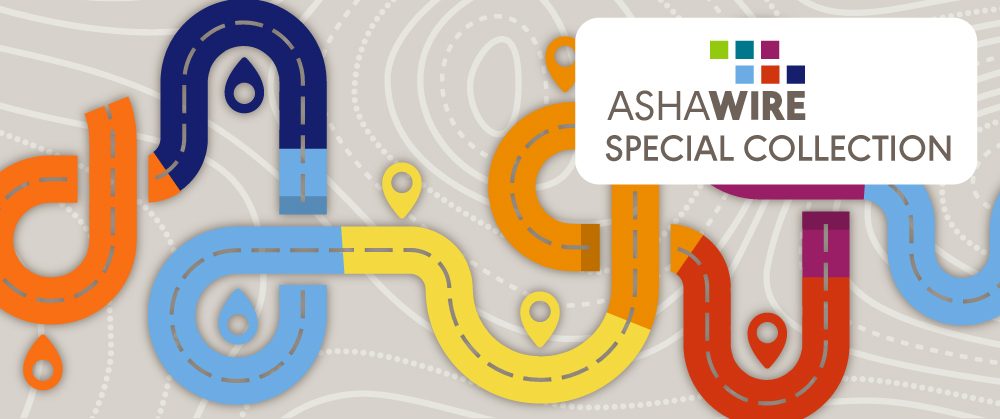Helping students with disabilities plan for life after school can seem like a daunting responsibility. Fortunately, ASHA has plenty of resources to help speech-language pathologists (SLPs) work with students, parents, and other individuals to develop and implement a postsecondary transition plan. Find all of these resources in Postsecondary Transition, our latest Special Collection from ASHA Journals.
Articles From Across ASHA
Featured articles in the Special Collection focus on developing transition plans for autistic students and for those with traumatic brain injury by connecting them with resources from across ASHA’s journals. You can also learn how to promote self-advocacy and other skills in students during the shift to adulthood.
Asking the right questions can help students realize their goals after high school, and articles from The ASHA Leader can help you refine those skills. You can also find strategies to develop vocational skills and help students who use augmentative and alternative communication (AAC) in their transition to adulthood.
More Resources From ASHA
To learn more about developing achievable, student-centered goals, watch The Road Ahead—Postsecondary Transition Planning for Adolescents—featuring a panel of experts in conversation on the topic. The webinar recording from ASHA’s School Services in Speech-Language Pathology team is available online to watch at any time.
Many students may not have access to important programs designed to help them succeed. The new Postsecondary Transition Special Collection highlights this fact in The Documentation Disconnect, a report that shows the role SLPs can play in providing crucial documentation for students with learning disabilities. Additional resources from ASHA highlight (a) resources to help students with disabilities in higher education and (b) resources geared toward helping teens and young adults with hearing loss.
ASHA’s Postsecondary Transition Planning Practice Portal page can help clinicians plan life after high school and set specific goals for students. The page also contains resources on education, employment, and housing for people with disabilities.
About Special Collections
The Postsecondary Transition Special Collection is the just the latest in a series of special collections available on ASHAWire. Each collection combines research from ASHA’s journals with other ASHA resources to create a one-stop information center for ASHA members. People who are interested in this collection may also want to explore our other collections—such as the Disability Advocacy or Interprofessional Education / Interprofessional Practice (IPE/IPP) Special Collections. We hope that ASHA members in schools find the resources in this latest collection useful in helping students develop achievable and successful postsecondary transition plans. We appreciate the important work you do—and we’re dedicated to helping you do it!







